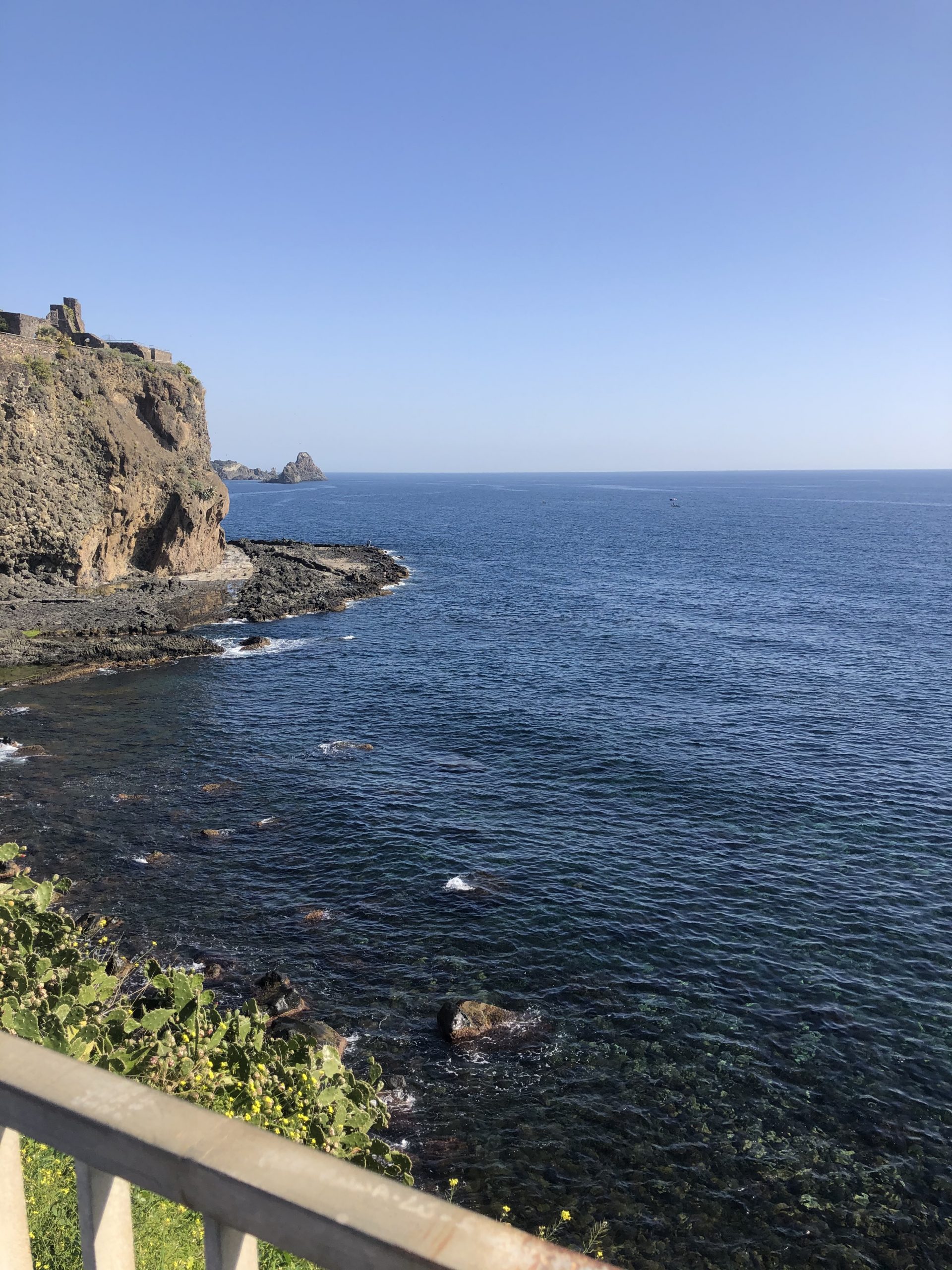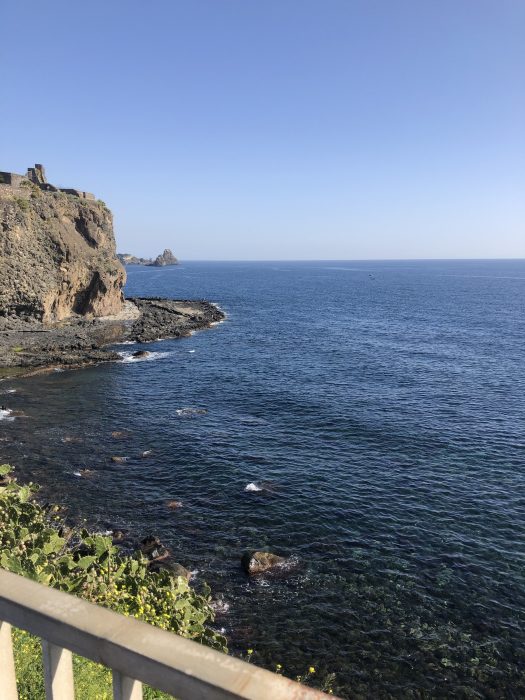One billion and 200 million people in the world do not have access to drinking water and 2.4
billion do not have enough water to meet hygiene needs: a shortage that costs 3.4 billion lives every year.
These are the most dramatic figures that were presented at the celebrations of the world water day. It is a catastrophe that mainly affects the global South, but which also affects Europe: according to UN estimates published in Geneva, one in seven Europeans does not have access to drinking water and adequate sanitation.
“Without an international and global convention on water, which establishes clear and consistent rules to guide and amplify the efforts undertaken, things will not be able to improve”, says Guido Pollice, vice president of Green Cross International.
Only when you are involved in ecological disasters of vast proportions do you understand how important this "humble" as precious good is for humanity. Man uses water at a thousand times of the day: from the morning just getting up to wash, to when he cooks, or when he is thirsty to quench his thirst.
Part of the water is lost due to wrong agricultural choices, another part is sucked into the black holes in the network. The United Nations Economic Commission for Europe estimates that up to 60 per cent of drinking water in Moscow is lost in the course of distribution before reaching the consumer due to aging infrastructure. In Berlin, the percentage is 5 percent. In Southern Italy, peaks of over 50 per cent are reached.
According to data from Legambiente, in 1975 the loss of water volume was 21 percent, today the dispersion has reached 40 percent against a European average of just 13 percent.
The disaster finds its peak in the South where 78 percent of the population has an insufficient availability of water: not because of the lack of aqueducts, but because of their poor management.
Acicaste4llo, Catania.
Testo e foto di
Flavio Leonardi, III M

